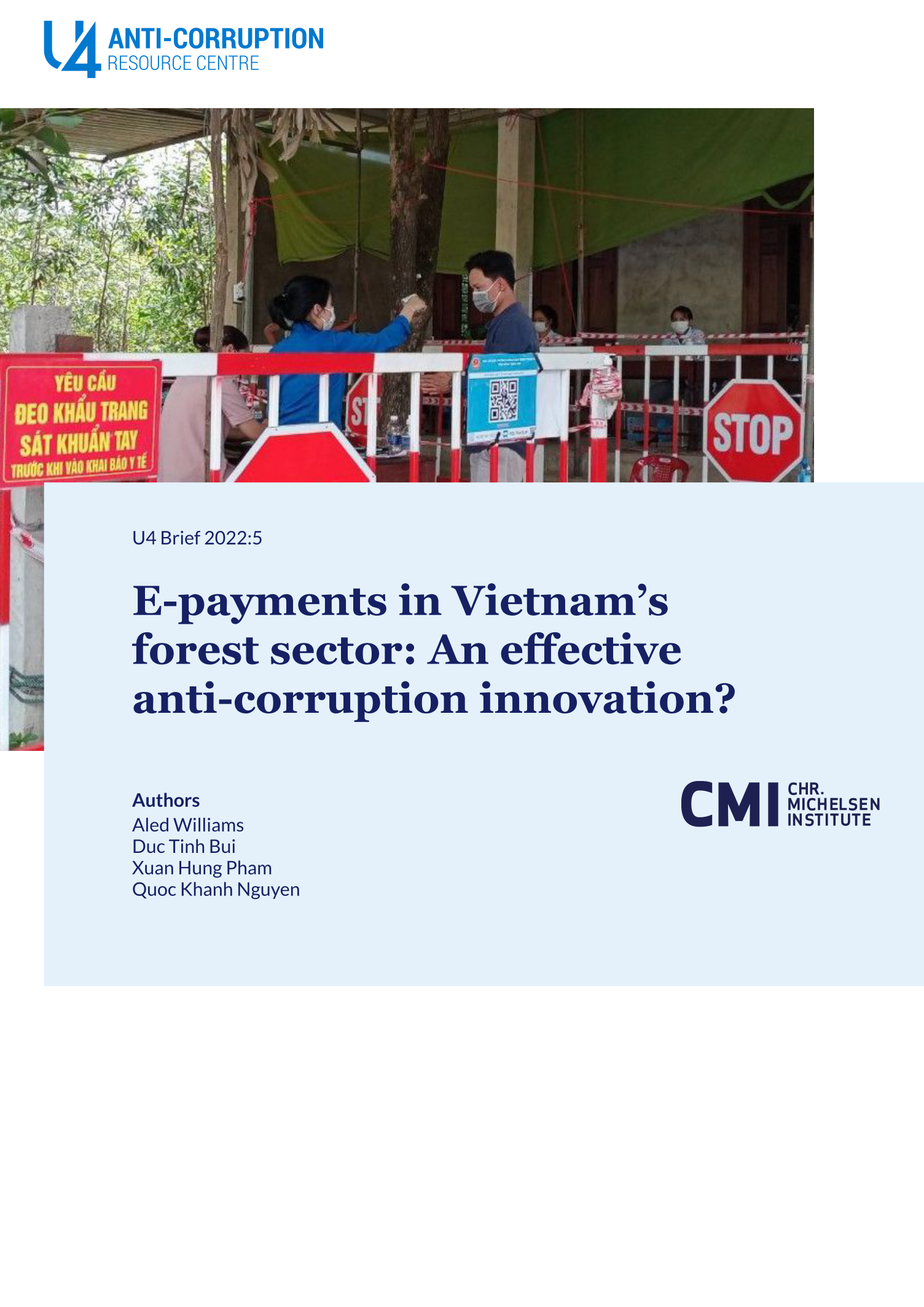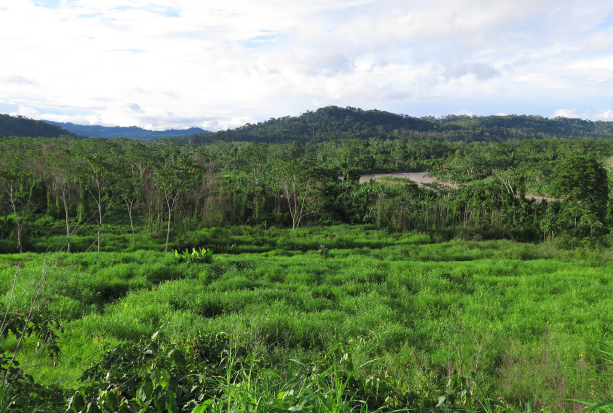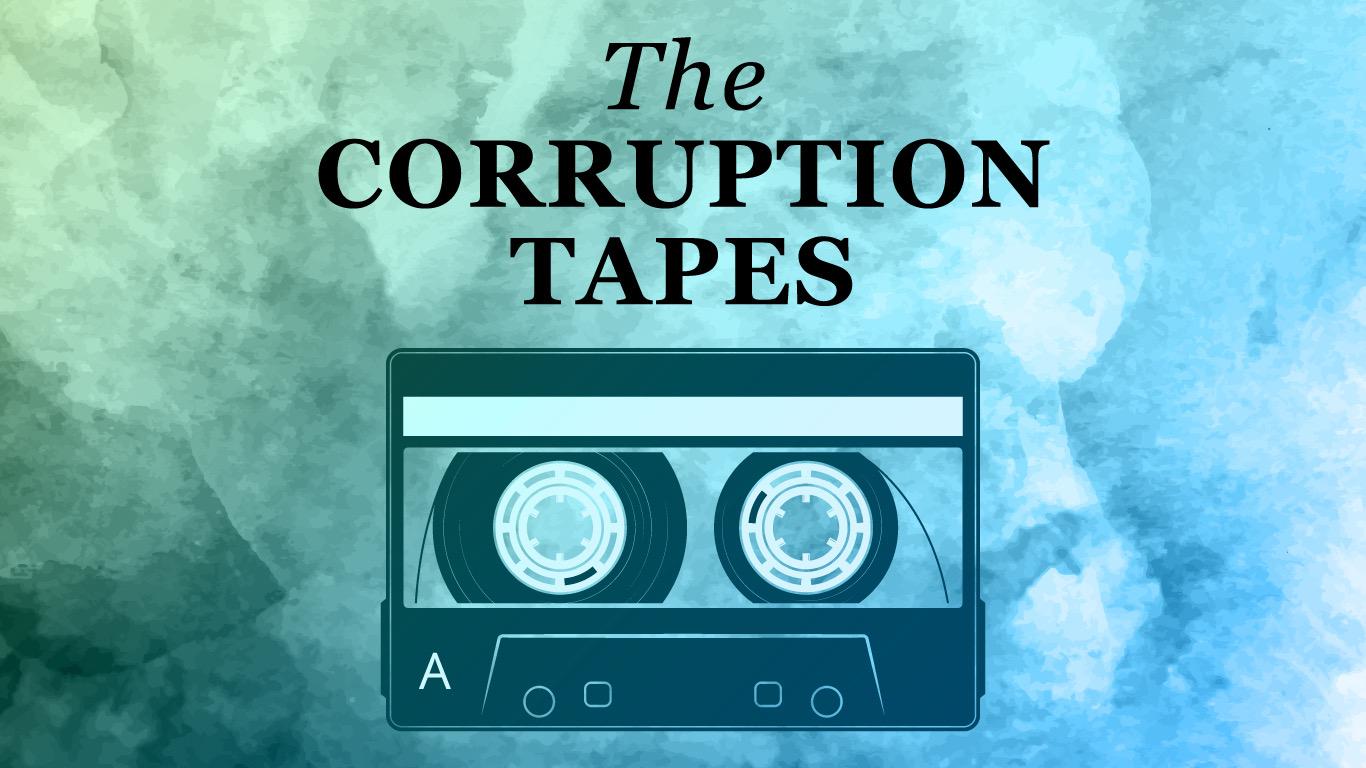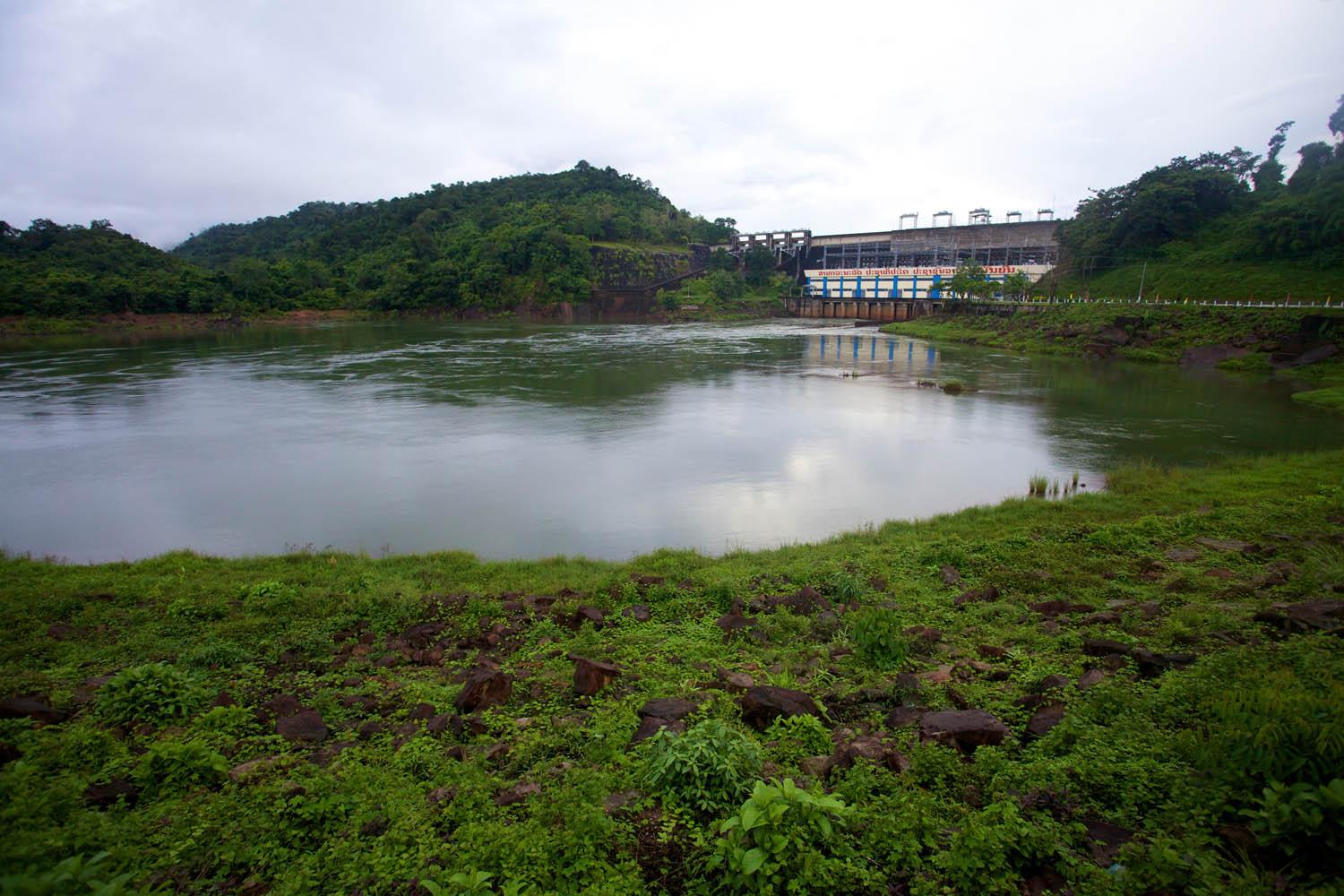Main points
- An electronic mechanism introduced in Vietnam to distribute payments for forest environmental services (PFES) may lower transaction costs and enable a higher frequency of payouts. These e-payments may also reduce corruption prevalence compared to cash, depending on the precise conditions of their implementation.
- The effectiveness of e-payments in preventing potential corruption becoming a reality is partly dependent on building a support system with the participation of all stakeholders in all steps of PFES implementation.
- E-payments could take socio-economic conditions better into account at subnational implementation sites in Vietnam. Doing so may help discourage at least some forms of corruption by optimising the conditions in which e-payments are used.
- More broadly, PFES benefits represented only a small share of the total incomes of households at our study sites. PFES benefits were unable to make up for the economic opportunities (some of which are illegal) forest owners lost by participating in the scheme. This aspect may challenge forest owners’ participation in PFES and underlines that e-payments are only one aspect of a consistent, equitable and effective legal regime for forest protection and development.



